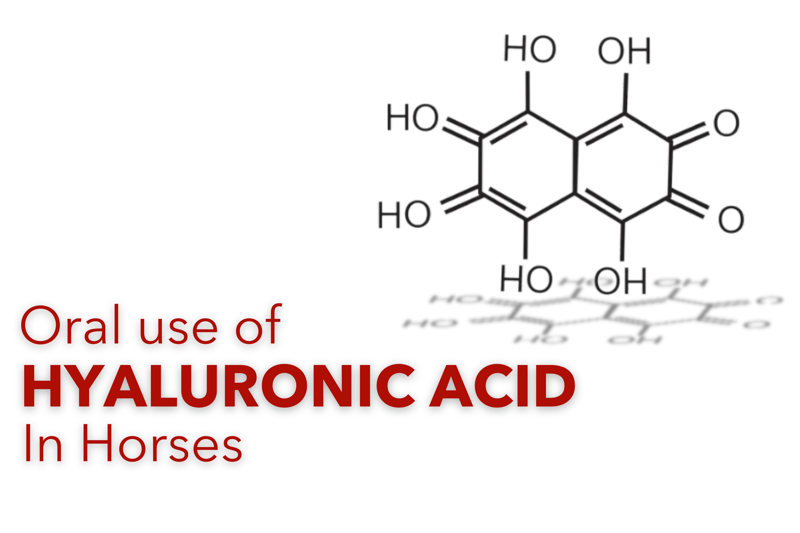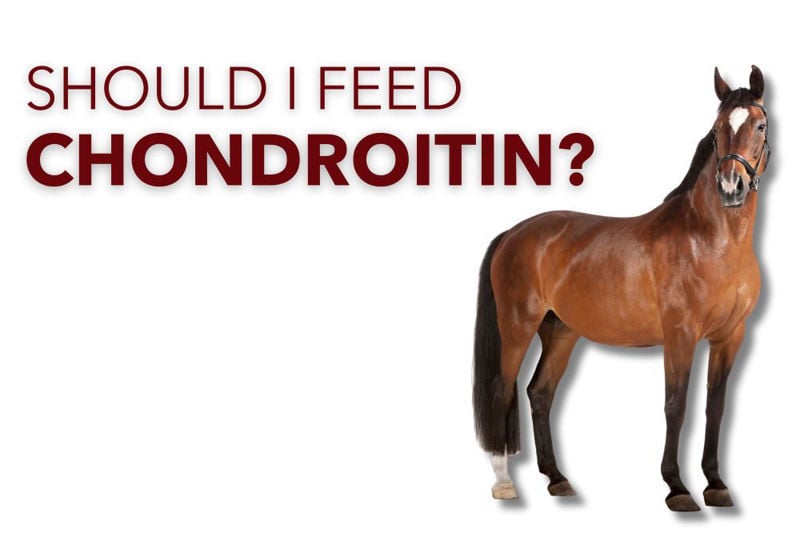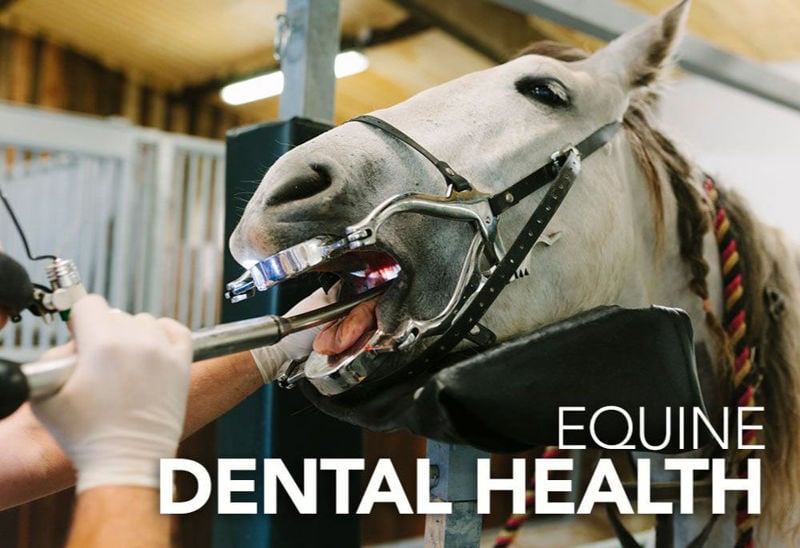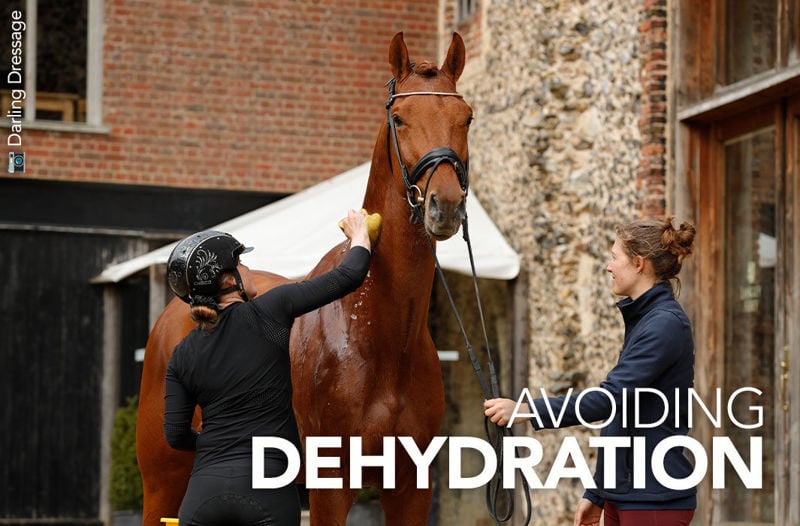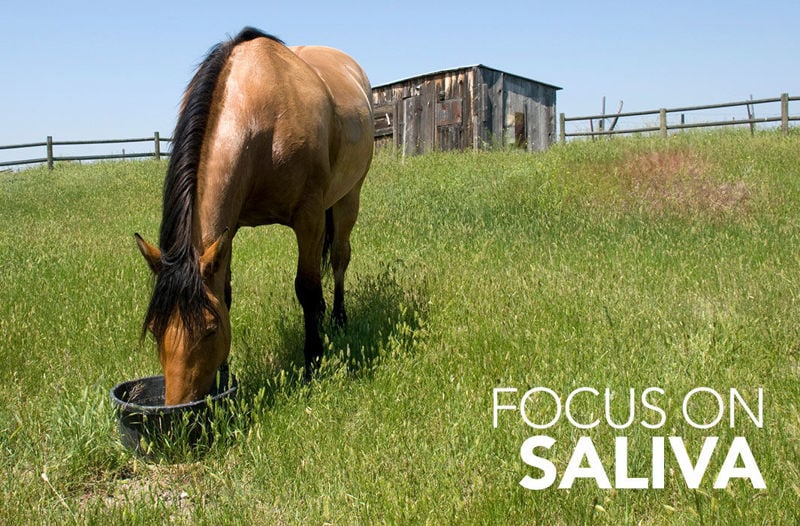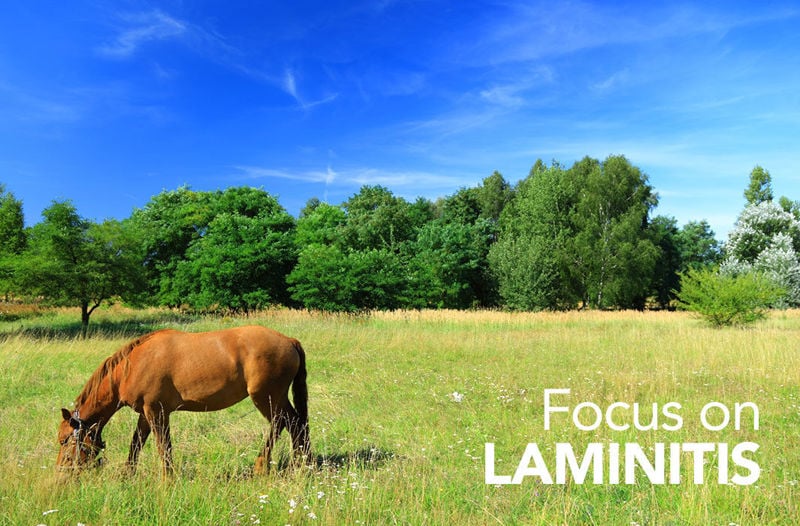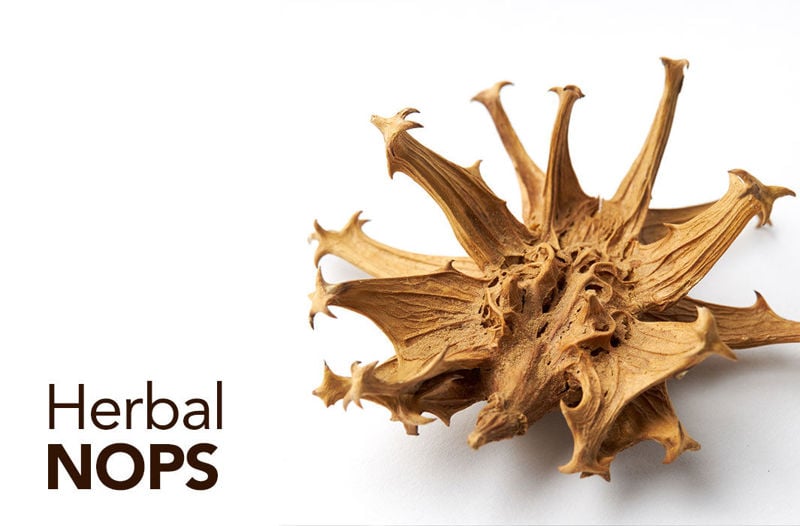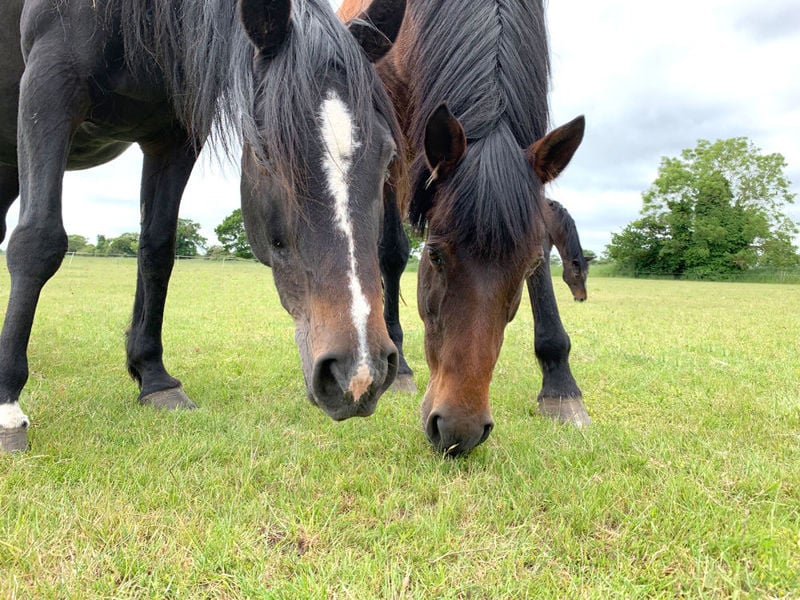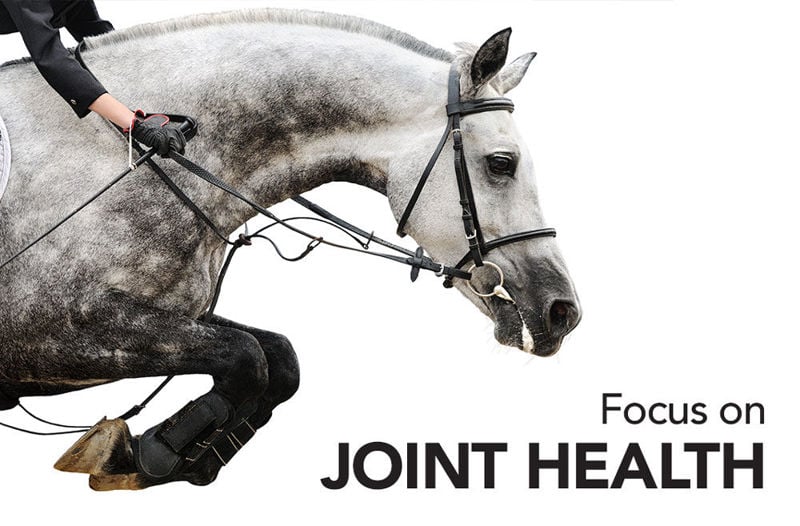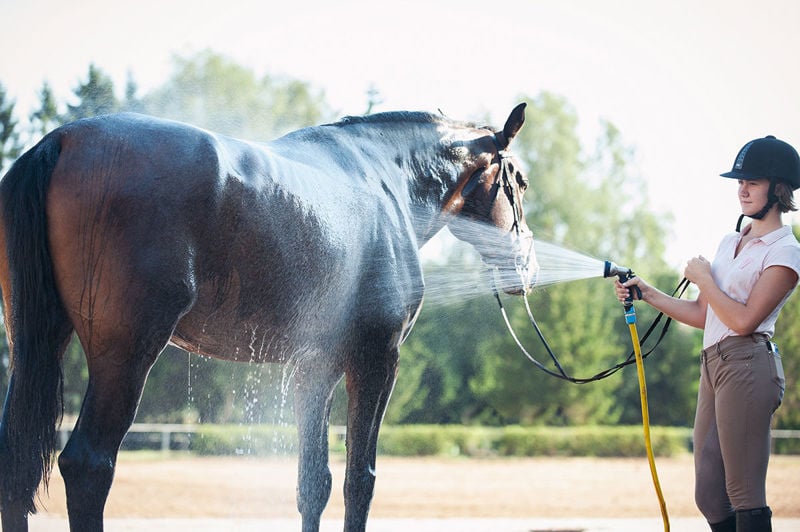Feedmark’s commitment to the Clean Sport initiative was put to the test when Feedmark's Fandango was randomly selected for the FEI Anti-Doping test at Bury Farm Regional Dressage Championships.
Filters
Blog Options
Blog archive
- 2025
- 2024
- 2023
- 2022
- 2021
- 2020
- 2019
- 2018
- 2017
- 2016
- 2015
Close
45 YEARS AT THE CENTRE OF EQUINE NUTRITION™

- Bespoke All-in-One™
-
Products
- Back
- Horse Joint Supplements
- Horse Digestion Supplements
- Horse Muscle Supplements
- Horse Vitamins & Minerals
- Horse Calming Supplements
-
Horse Respiratory Supplements
- Back
- Clarity®
- Horse Hoof Supplements
- Horse Skin & Coat Supplements
- Horse Health Supplements
- Supplements for Older Horses
- Horse Breeding Supplements
-
Horse Hormone Supplements
- Back
- Hormonease™
- Horse Treats
-
Herbs for Horses
- Back
- Boswellia
- Burdock Root
- Celery Seed
- Chamomile
- Chastetree Berry
- Cider Apple Vinegar
- Cinnamon
- Clivers
- Comfrey
- Dandelion Roots & Leaves
- Devil's Claw
- Echinacea
- Fenugreek Seeds
- Fussy Feeder
- Garlic Powder
- Hawthorn
- Hedge Herbs
- Liquorice
- Marigold Flowers
- Marshmallow Root
- Meadowsweet
- Milk Thistle Seeds
- Mint
- Nettle
- Rosehips
- Seaweed
- Slippery Elm
- Spirulina
- Turmeric
- Yucca
- Canine
- Gift Cards / Rewards
- ABOUT US
- Contact Us
- Knowledge base
Menu
-
Products
- Back
- Horse Joint Supplements
- Horse Digestion Supplements
- Horse Muscle Supplements
- Horse Vitamins & Minerals
- Horse Calming Supplements
-
Horse Respiratory Supplements
- Back
- Clarity®
- Horse Hoof Supplements
- Horse Skin & Coat Supplements
- Horse Health Supplements
- Supplements for Older Horses
- Horse Breeding Supplements
-
Horse Hormone Supplements
- Back
- Hormonease™
- Horse Treats
-
Herbs for Horses
- Back
- Boswellia
- Burdock Root
- Celery Seed
- Chamomile
- Chastetree Berry
- Cider Apple Vinegar
- Cinnamon
- Clivers
- Comfrey
- Dandelion Roots & Leaves
- Devil's Claw
- Echinacea
- Fenugreek Seeds
- Fussy Feeder
- Garlic Powder
- Hawthorn
- Hedge Herbs
- Liquorice
- Marigold Flowers
- Marshmallow Root
- Meadowsweet
- Milk Thistle Seeds
- Mint
- Nettle
- Rosehips
- Seaweed
- Slippery Elm
- Spirulina
- Turmeric
- Yucca
- Canine
- Gift Cards / Rewards
- ABOUT US
- Contact Us
- Knowledge base
Dr. Stephanie Hyland BSc (Hons)
 Call Stephanie Hyland MSc RNutr. or
Call Stephanie Hyland MSc RNutr. or
Sophie Pelham Burn MMedSci ANutr.
on 0800 585525 for
free qualified equine nutrition advice
 Call Stephanie Hyland MSc RNutr. or
Call Stephanie Hyland MSc RNutr. or
Sophie Pelham Burn MMedSci ANutr.
on 0800 585525 for
free qualified equine nutrition advice
Blog
In horses, like in humans, most of the research carried out has investigated the effects of injectable hyaluronic acid, however there are some studies looking at the effects of oral hyaluronic acid.
Human studies have shown that supplementation with Chondroitin sulphate supports joint pain and maintains articular function - so should you be feeding it to your horse?
When thinking of the digestive system many people start at the stomach but of course the digestive system starts with the mouth. We take a look at equine dental health including tooth types and potential problems.
We’re finally starting to see some warmer weather and although it’s not the searing heat of 2022 we still need to ensure our horses are well hydrated – even on cloudy days.
The more the horse chews, the more saliva is produced. We look at the important role that saliva plays in your horse's wellbeing.
Summer 2023 is a far cry from the searing heat we experienced last year. Whereas last year saw brown, parched paddocks and fields the alternating rain and warm sunshine that we have had this summer has kept our fields green. For those of us who have horses and ponies at risk of laminitis this weather means constant vigilance and being alert to any signs of obesity or sickness.
With the forecast of thunderstorms across the country over the coming weeks, we look at how to keep your horse calmer if they are prone to getting stressed and anxious during weather changes and other times.
Herbal NOPS can be naturally present in certain herbs or are substances that originate from weeds. It is important to be aware of NOPS classifications as this could affect you if you are competing. We look at some of the common NOPS that you may come across.
Managing good-doer types can be hard as it can feel like you must constantly keep an eye on their weight and what they are eating otherwise the pounds will pile on overnight. We look at some key points for keeping their waistlines in check.
Due to a poor design, horses have relatively small joints in comparison to their body size, so a lot of pressure is put upon these joints. However, we see more issues in the domesticated horse than its feral counterpart, suggesting that the way we look after our horses can increase the risk of joint degeneration/injury.
Horses sweat to help them regulate their temperature and evaporation of sweat on the skins surface is responsible for up to 70% of heat loss during exercise. Horses can lose 3.2 gallons of water an hour through sweating as well as important electrolytes. We look at what you can do to prevent your horse from getting dehydrated.
Copyright © 2025 Feedmark Ltd. All rights reserved.
Feedmark, Harleston, IP20 0NY

